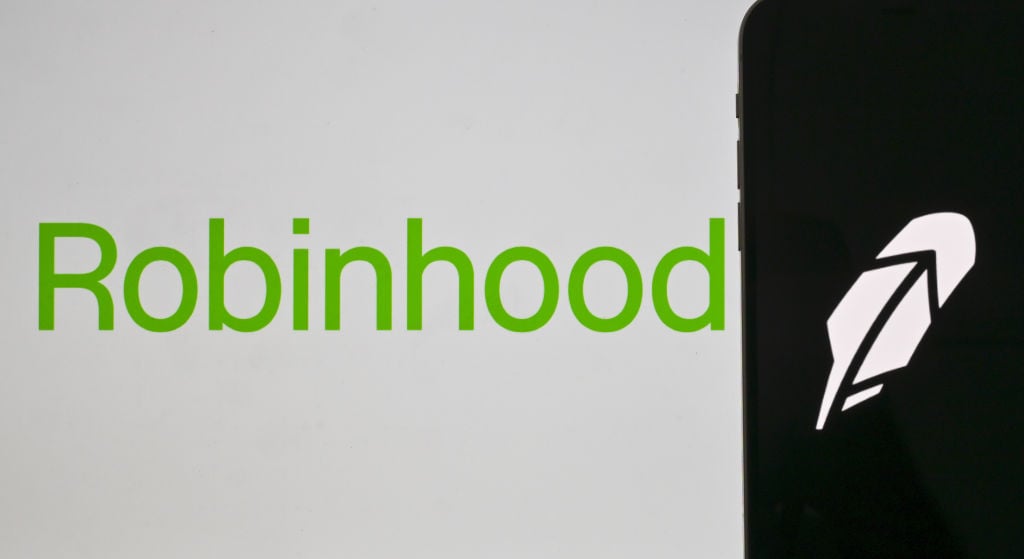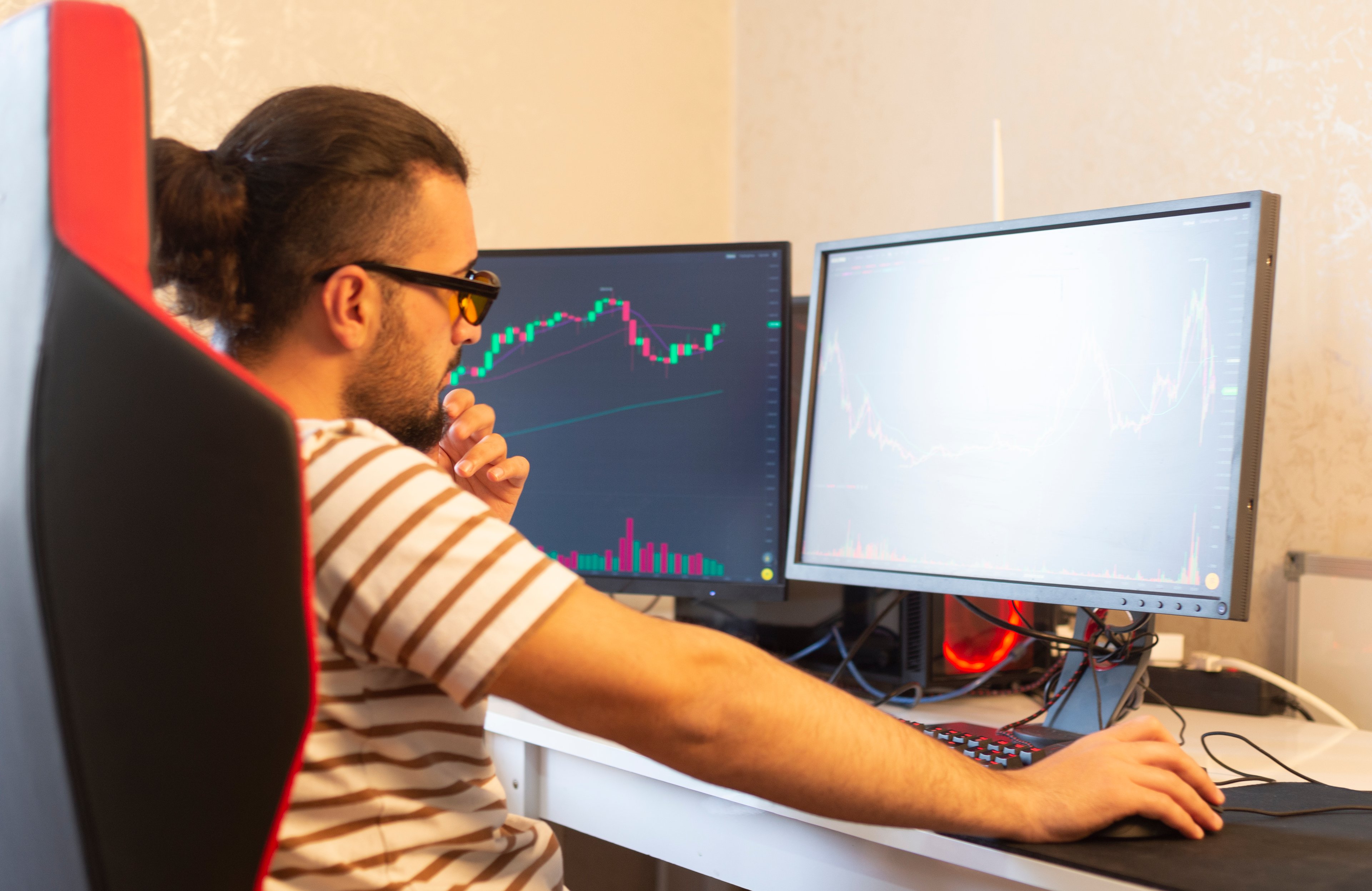Robinhood (HOOD 1.25%) stock has rocketed higher over the past several years as the company continues to add new customers, expand its financial services offerings, and grow its top and bottom lines. The result is that the fintech stock has gained over 1,200% in the past three years.
That's a staggering return in such a short time, and Robinhood's rapid rise has no doubt left some investors wondering if they're missing out by not owning the stock. But while Robinhood is growing quickly, it's probably best not to buy the stock right now. Here's why.

Image source: Getty Images.
There's no denying Robinhood's impressive growth
Robinhood's growth has been stellar over the past few years, with the company gaining ground in nearly all of its core metrics. For example, Robinhood's funded customer accounts have been on the rise over the past few years, with growth accelerating last year. Take a look at the annual growth since 2022:
|
Year |
Funded customer accounts |
Year-over-year growth |
|---|---|---|
|
2022 |
23 million |
1.3% |
|
2023 |
23.4 million |
1.7% |
|
2024 |
25.2 million |
7.7% |
Data source: Robinhood.
You can see from the chart that customer accounts gained lots of ground recently, and the latest quarter was no different. Customer accounts jumped by 10% to a total of 26.5 million. The recent growth is likely due to new account offerings. Robinhood now offers a Robinhood Gold service, including a high-interest savings account, detailed stock reports, and some other benefits. It reached a total of 3.5 million customers in the quarter -- a 76% increase from the year-ago quarter.
All this has contributed to Robinhood's average revenue per user (ARPU), which is also on the rise, increasing 34% to $151 in the second quarter. This has, in turn, boosted Robinhood's sales and earnings. Revenue was up 45% in the quarter to $989 million, and non-GAAP earnings doubled to $0.42 per share.
With customer growth on the rise, sales and earnings jumping, and ARPU climbing, it's not surprising that investors have been so optimistic about Robinhood.
Why now probably isn't a good time to buy Robinhood stock
My first concern with investors jumping on board and buying Robinhood stock right now is that its shares are trading at a premium. The stock's price-to-earnings ratio is about 62 right now, compared to the S&P 500 index's average P/E of 30.

NASDAQ: HOOD
Key Data Points
Lots of stocks are expensive right now as they continue to benefit from a bull market, but when premiums are high, there's little room for error. That means if Robinhood has one or two bad quarters, the company's share price could suffer as investors shift their sentiment toward other stocks that are less pricey.
More importantly, there's increasing evidence that the U.S. job market is slowing down, which is a bad sign for the economy. Bureau of Labor Statistics data showed only 22,000 jobs were created in August, far below economists' estimate of 75,000. Separately, the latest ADP private payrolls data for September showed a decline of 32,000 jobs, the largest drop in more than two years.
Americans have been optimistic about investing over the past few years, with the S&P 500 rising 87% over the past three years, and that's been a boon to Robinhood's business. But if the economy slows down, or enters a recession, investors may feel less inclined to buy stocks -- putting a damper on Robinhood's growth.
With Robinhood's stock trading at a premium and the U.S. economy facing job uncertainty, it may be best not to pick up shares of the fintech stock right now.







